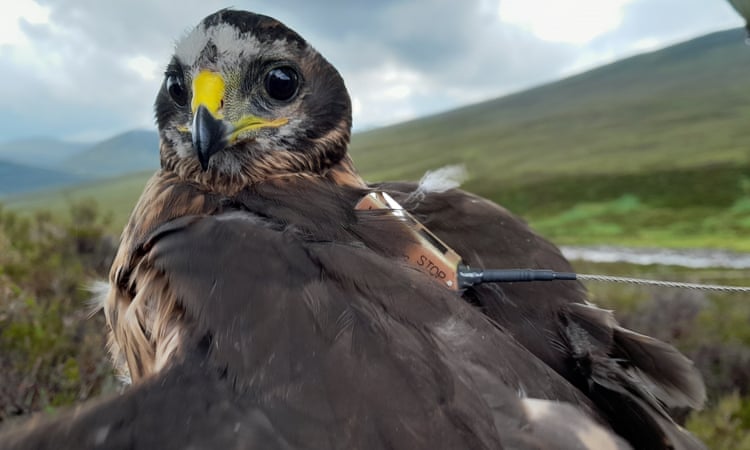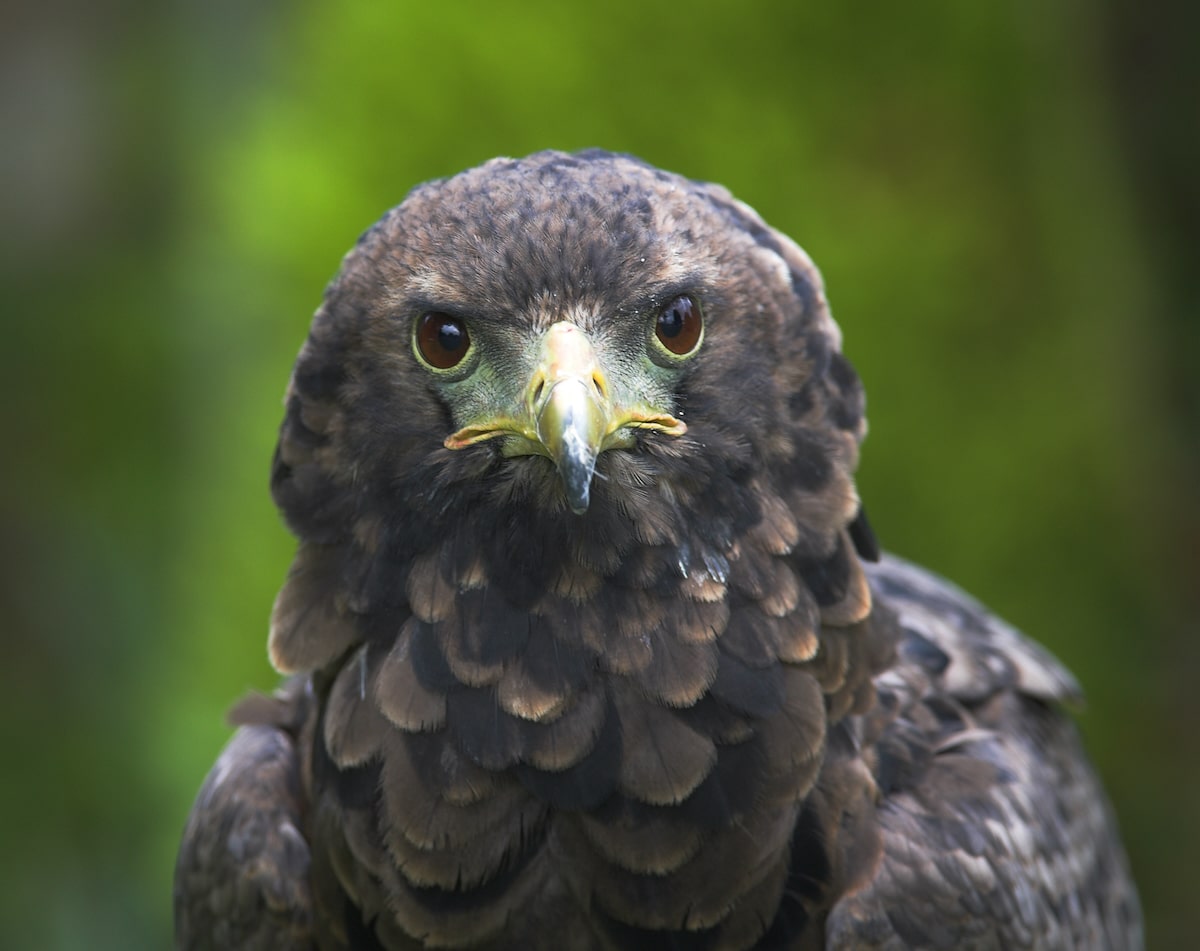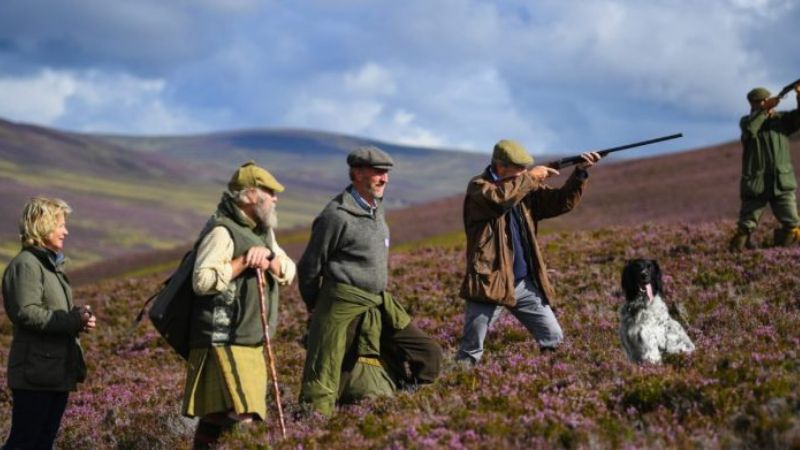Wildlife charities have condemned a decision by Scotland’s nature conservation agency to dilute a new law designed to combat the illegal killing of birds of prey.
NatureScot, a government agency, has decided to greatly reduce the area of land affected by a new licensing regime for grouse moors after legal threats from shooting estates and land owners.
Campaign groups including the Royal Society for the Protection of Birds, the League Against Cruel Sports (LACS) and Revive Scotland have said they are furious, and have called on the Scottish government to close the loophole urgently.
Anne McCall, the director of RSPB Scotland, said: “We believe that these changes completely undermine the primary intention of this legislation to tackle raptor persecution and will only give comfort to those who intend to keep killing our birds of prey.
“Leaders across the rest of the UK are looking to Scotland and this legislation to show them the art of the possible, with an example that they might soon follow. But the promise of a real deterrent to criminality on Scotland’s grouse moors has been allowed to descend into a shambles.”
The licences were introduced in August after decades of illegal attacks on birds of prey by gamekeepers instructed to prevent grouse on shooting estates from being eaten. They had been intended to cover an entire country estate to prevent protected birds from being persecuted out of sight.
But this week NatureScot said the Wildlife Management and Muirburn Act, passed by a large majority at Holyrood in March this year, was badly drafted.
It would now allow estates to designate the licensable area to only those parts of a grouse moor where shooting takes place – a restriction that critics say could cover only hundreds of metres rather than hundreds of hectares.
The Scottish government and NatureScot said they were considering amendments to the act, but refused to specify what would be done. It is thought they could add in clauses to a forthcoming land reform bill to strengthen the legislation.
“We implemented a licensing scheme for grouse shooting earlier this year to better protect Scotland’s birds of prey,” a Scottish government spokesperson said. “We are considering whether additional measures are needed to address concerns with the licensing scheme, and if so, we will set out details in due course.”
Shooting groups had warned NatureScot the act was unworkable but when it came into force in August Prof Colin Galbraith, NatureScot’s chair, insisted the agency would stand firm. He told the Guardian shooting estates should have no trouble with wide-ranging licences: “If they’re not doing anything wrong, why worry about it?”
NatureScot said it still believed the revised licences were robust. It has added a new licence condition that requires grouse moor managers to take “reasonable steps” to ensure no birds are persecuted elsewhere on their estate.
Critics argued that measure was easily sidestepped, because grouse moor managers could show that their gamekeepers had been told what the law said but still allow them to carry out illegal persecution.
Robbie Marsland, the LACS director for Scotland and Northern Ireland, said: “Deliberately killing a protected bird of prey was a wildlife crime before the new legislation was enacted, and remains so, despite this shambles.
“But any suggestion that ‘grouse moor management’ only applies to a small area around the shooting butts is clearly ludicrous. For example, when the league conducted an 18-month survey of six shooting estates we found traps and snares littered across the entire estates.”
The agency said: “This is a new licence for NatureScot and, as with all our licences, we continually review and develop our processes to identify improvements. These changes will ensure our grouse licences are legally robust, while continuing to act as a strong deterrent to wildlife crime, as was the legislation’s intent.”
This article by Severin Carrell was first published by The Guardian on 14 November 2024. Lead Image: New licences were introduced to prevent gamekeepers persecuting protected birds on estates in Scotland. Photograph: Jeff J Mitchell/Reuters.
What you can do
Help to save wildlife by donating as little as $1 – It only takes a minute.






Leave a Reply